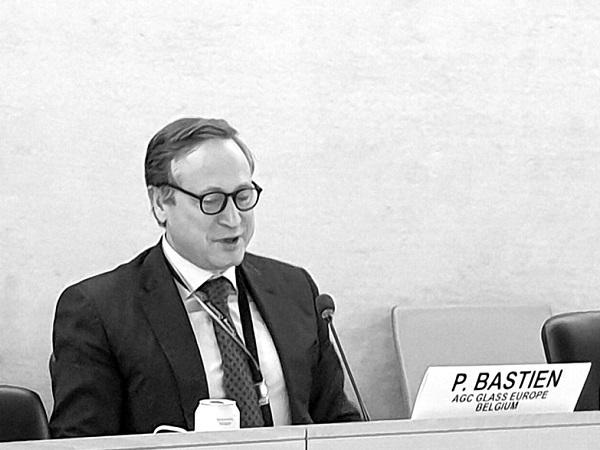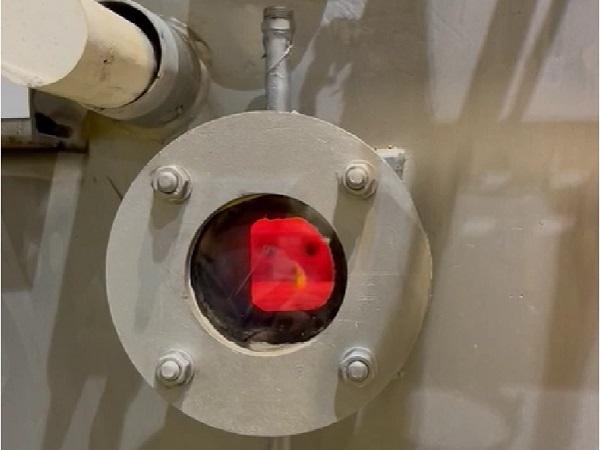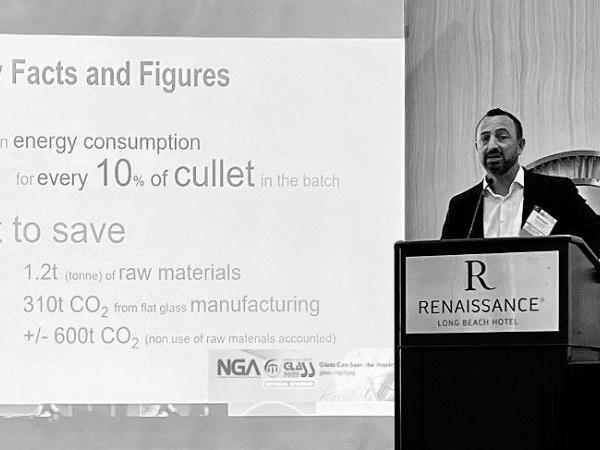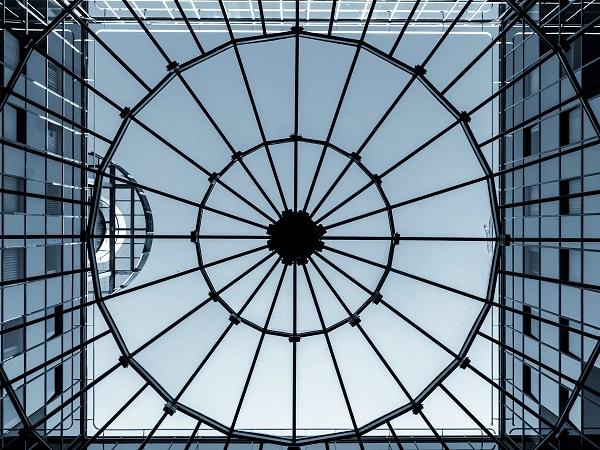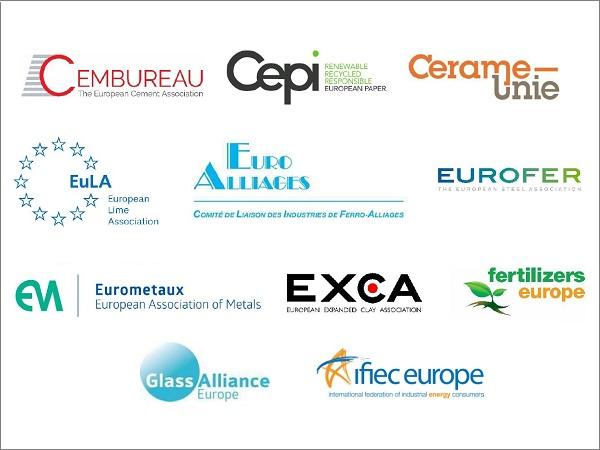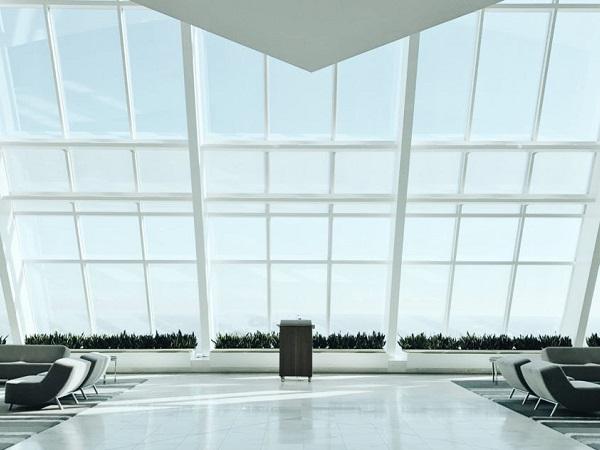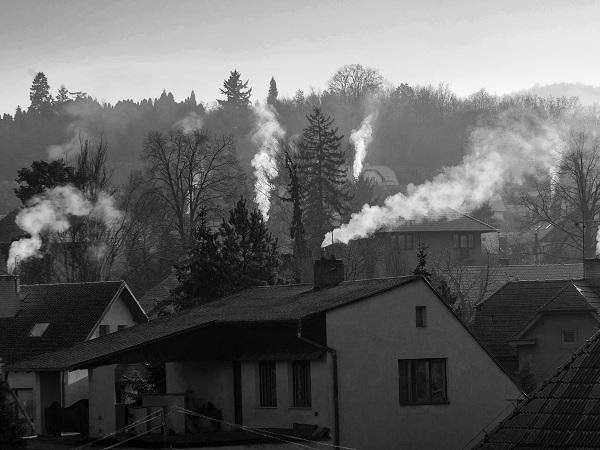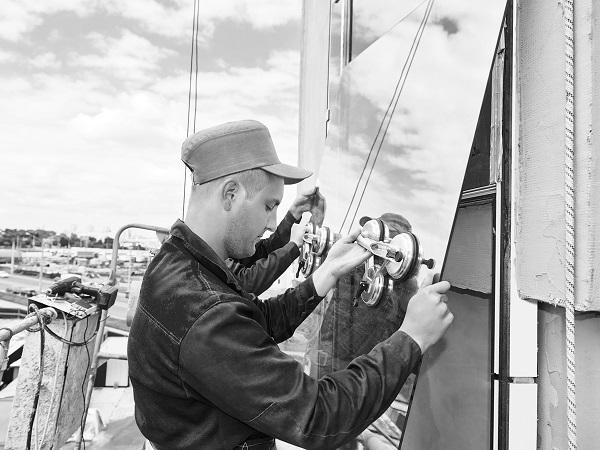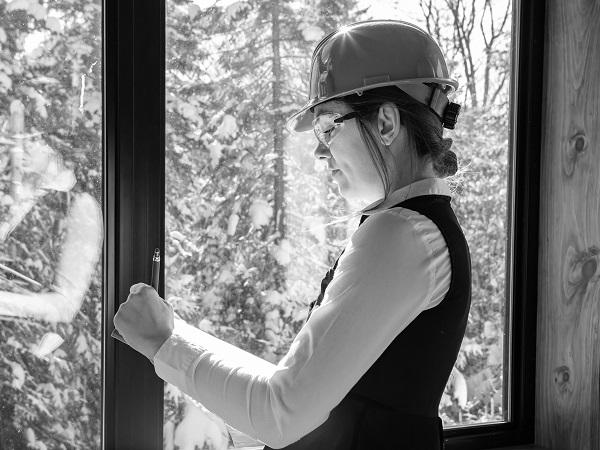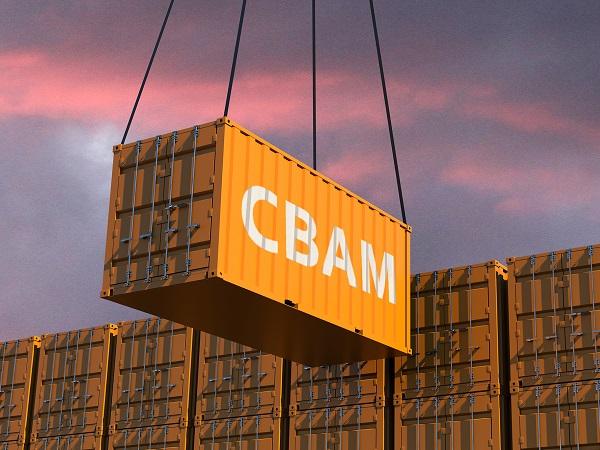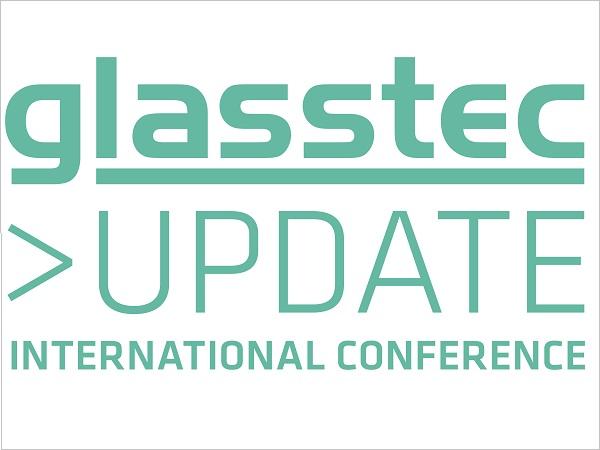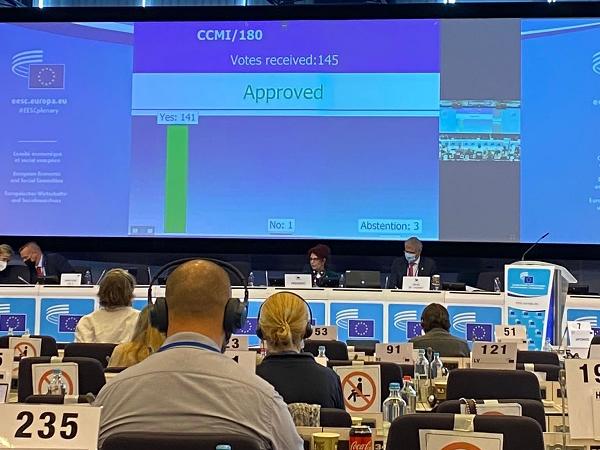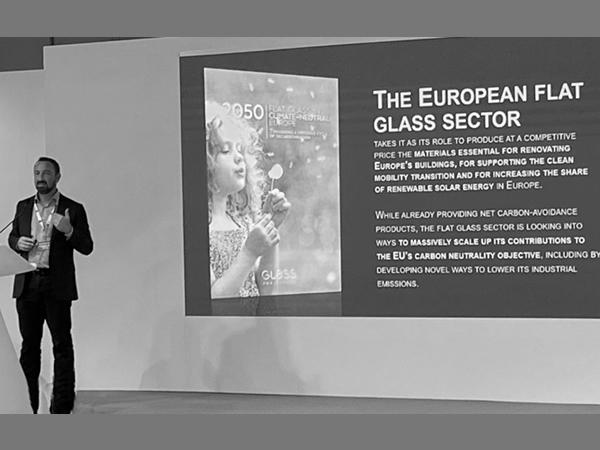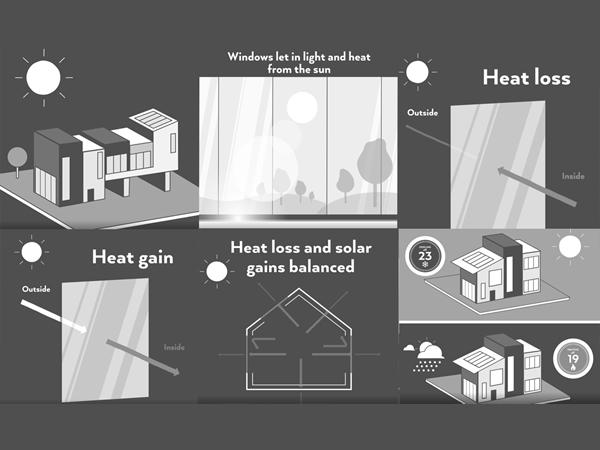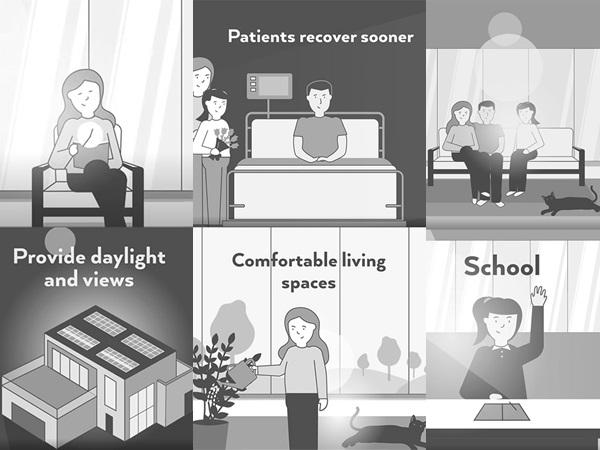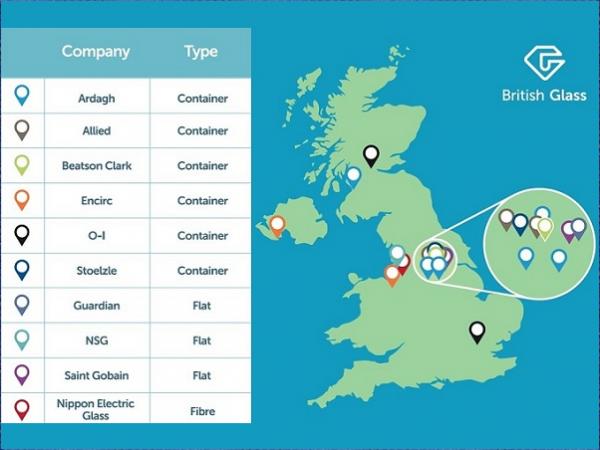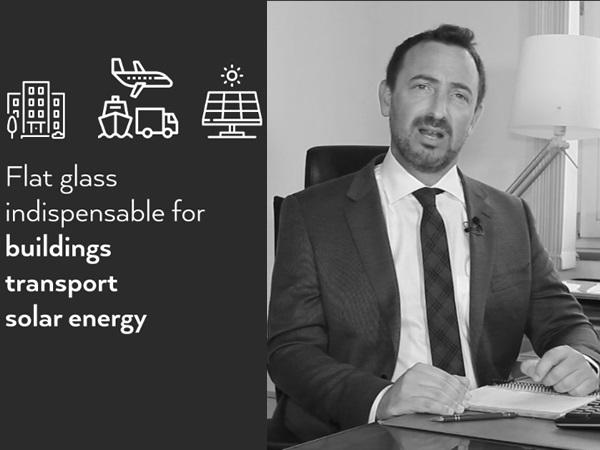Others also read
Today, the Chairman of Glass for Europe Philippe Bastien was at the Palace of Nations in Geneva for the opening ceremony of the International Year of Glass.
”Upgrade your living space: modernization with PVC windows”: New European renovation brochure and microsite to be published at the beginning of the year.
Research trials into low carbon alternative fuels for glass furnaces are currently ongoing as part of Glass Futures’ Government funded Industrial Fuel Switching Phase 3 programme.
European flat glass manufacturers promotes the dismantling, collection and recycling of end-of-life building glass (from windows, glazing and other products) to ensure that end-of-life flat glass does not end up in landfill.
The European flat glass sector association releases today its recommendations on the Carbon Border Adjustment Mechanism.
The European flat glass sector association releases its recommendations on the review of the Emissions Trading Scheme Directive.
The European flat glass sector takes as its role to produce the materials essential for renovating Europe’s buildings, for supporting the clean mobility transition and for increasing the share of renewable solar energy in Europe.
The energy-intensive industries call upon EU leaders to swiftly address the exponential increase in energy prices.
To decarbonise the EU building stock and boost its sustainability, the European Commission is on right tracks, but it needs to accelerate.
Glass for Europe has released its position paper on the extension of the EU ETS system to buildings and transport.
Glass Alliance Europe answered to the stakeholder consultation on the Staff Working Document “For a resilient, innovative, sustainable and digital energy-intensive industries ecosystem: Scenarios for a transition pathway“, to which Glass for Europe…
High-tech glazing play a crucial role to make buildings more energy efficient, but flat glass technologies are also essential to the clean mobility transition and to renewable solar energy production.
The CBAM shall be versatile, free from dangerous loopholes, and able to preserve complex EU-based value-chains.
The flat glass sector is energetically exploring novel ways to lower its industrial emissions and massively scale up its contributions to the EU’s climate neutrality objective.
What is currently being discussed at COP26 in Glasgow should ideally be a guideline for everyone in order to put a stop to climate change. This topic is also highly relevant to the glass industry.
The EESC – European Economic and Social Forum has approved the opinion “Glass in Europe at a crossroads: delivering a greener, energy-efficient industry, while enhancing competitiveness and maintaining quality jobs”.
Based on the findings of the Renovate2Recover study, Glass for Europe calls on Member States to take additional measures to support building renovation.
Glass for Europe was at Vitrum Milan to talk about “Circular economy in the European building glass sector” and to meet with the colleagues of the International Community of Glass Associations.
The main functions of windows and facades are to let daylight into buildings and to ensure a visual connection with the exterior.
The video released today by Glass for Europe shows how glass and its properties are discreet and indispensable components of our lives.
The benefits delivered by large glazed surface are more than we think. They provide access to natural daylight and a visual connection with the external environment.
Yesterday, Glass for Europe organized a special on-line workshop entirely dedicate to the “fit for 55” package, which was released on 14 July.
British Glass, the representative body for the UK glass sector, in consultation with its members has today (19 July) published a strategy that sets out the glass industries potential route to net zero carbon emissions.
Glass for Europe is ready to engage with European Parliament and EU Council to trigger a virtuous decarbonisation cycle.
On 8 June, Glass for Europe held the third of its 2021 workshops with national glass stakeholders.

